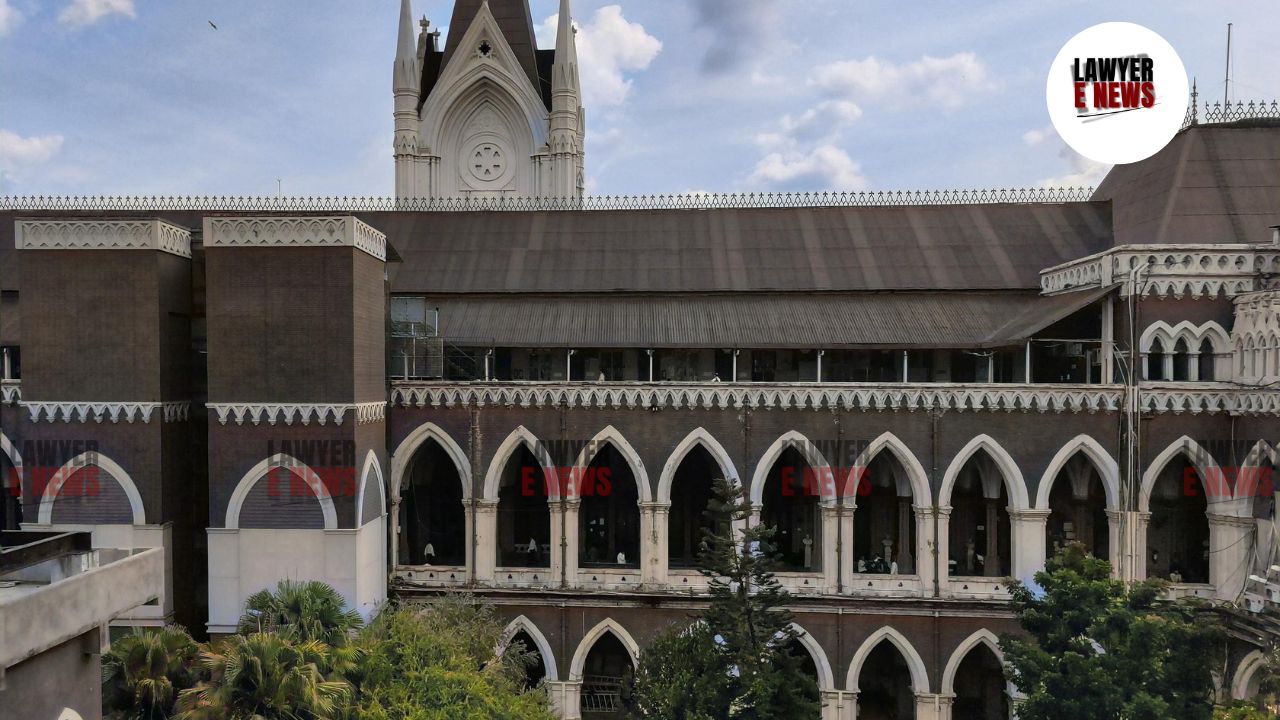-
by Admin
16 February 2026 1:47 PM



Calcutta High Court setting aside an order of the Civil Judge (Junior Division), Asansol, which had rejected the plaintiffs’ petition for document inspection under Order XI Rule 15 of the Code of Civil Procedure (CPC). The court emphasized that the right to defend or prosecute a suit includes a fair opportunity to inspect documents that the opposing party relies upon in legal proceedings.
"The rules of procedure are made to advance the cause of justice and not to defeat it," observed the court, while directing the trial court to reconsider its decision.
The petitioners, who were plaintiffs in Title Suit No. 130 of 2023, had issued a notice under Order XI Rule 15 CPC on November 30, 2023, directing the defendant to produce certain documents mentioned in her written statement for inspection. However, the defendant failed to comply with the notice and proceeded to present evidence after the plaintiffs had closed theirs.
The plaintiffs, alleging that the defendant was unfairly introducing undisclosed documents into evidence, moved the Trial Court seeking an order preventing the defendant from relying on those documents. On May 9, 2024, the Trial Court dismissed the application, reasoning that it was filed at a belated stage and that the plaintiffs had remained dormant until that point. The plaintiffs then moved the Calcutta High Court under Article 227 of the Constitution, challenging the rejection of their petition.
"Inspection of Documents Cannot Be Denied on Mere Technicalities"
The High Court examined whether a notice for inspection under Order XI Rule 15 CPC must necessarily be filed before the settlement of issues or whether it can be entertained at a later stage. The Trial Court had rejected the plaintiffs’ application, holding that such a notice should have been given earlier.
Relying on the Supreme Court’s decision in Salem Advocate Bar Association, Tamil Nadu v. Union of India (AIR 2005 SC 3353), the High Court clarified:
"The stipulation in Rule 15 of Order XI, confining the inspection of documents ‘at or before the settlement of issues’ instead of ‘at any time,’ is directory and not mandatory. It does not mean that the inspection cannot be allowed after the settlement of issues."
It further observed that the Trial Court had, in its own order dated November 23, 2023, permitted discovery and inspection prior to December 16, 2023, and thus, it was incorrect to hold that the plaintiffs had delayed their request. The High Court found that the plaintiffs had acted within the permissible legal timeframe, and therefore, their petition should not have been dismissed on mere procedural grounds.
"A Party Cannot Introduce Documents Without Allowing Inspection to the Opposing Side"
The High Court reaffirmed the principle that if a party fails to comply with an inspection notice, they lose the right to introduce such documents as evidence unless they provide a valid excuse for the non-compliance. Referring to the Madras High Court’s ruling in Vungarala Venkanna v. Anisethli Rama Rao (Civil Revision No. 753 of 1933), the court observed:
"The object of the rules is evident—that a party is not to have documents sprung on them at the time of trial without prior opportunity for inspection."
The defendant had not provided any justification for failing to comply with the plaintiffs' notice. The High Court held that the Trial Court should have first determined whether the defendant had a legitimate excuse for withholding the documents before rejecting the plaintiffs' plea outright.
"Trial Courts Have a Duty to Ensure Fair Trial by Enforcing Inspection Rights"
The High Court further ruled that trial courts have the discretion to decide whether inspection of documents is necessary under Order XI Rule 18 CPC, but they must exercise this discretion judiciously. Quoting from Burn & Co. v. Jitendra Maitra (AIR 1956 Cal 592), the court emphasized:
"Before rejecting an application for inspection, courts must determine whether inspection is necessary and whether the party seeking it has a valid claim."
Since the Trial Court had failed to make this determination, its rejection of the plaintiffs' petition was deemed unjustified. The High Court held that the Trial Court’s approach had been procedurally flawed and directed it to reconsider the matter.
High Court’s Ruling: "A Fair Trial Requires Access to Documents Relied Upon by the Opponent"
The High Court set aside the Trial Court’s order dated May 9, 2024, and remitted the matter back with the following directions:
The Trial Court must reconsider the plaintiffs’ petition under Order XI Rule 15 CPC.
The defendant must be given an opportunity to file an objection, explaining why the documents were not produced for inspection.
The Trial Court must pass a reasoned order determining whether the documents should be inspected or excluded from evidence. The matter should be decided within four weeks from the next hearing date.
Emphasizing the importance of procedural fairness, the court concluded: "As the right to defend or prosecute a suit is a basic right, litigants should be granted reasonable opportunity to inspect and produce documents in accordance with law."
The judgment underscores the fundamental right of litigants to access and inspect documents that the opposing party seeks to rely upon in a legal proceeding. It also serves as a strong reminder that courts must exercise their discretion fairly and ensure that procedural technicalities do not obstruct the course of justice.
Date of Decision: February 14, 2025
